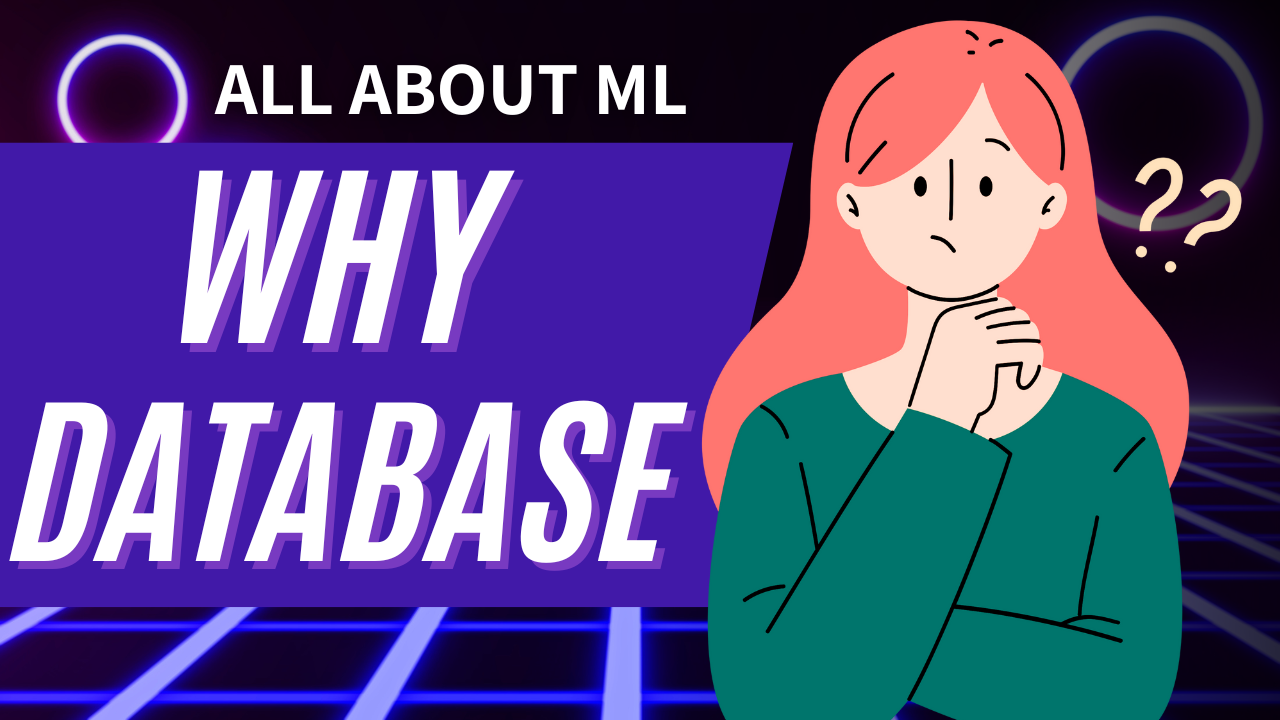Introduction: The Critical Connection Between DBMS and Data Science
If you’re pursuing data science through online courses or bootcamps rather than a formal degree program, you might wonder why database management systems (DBMS) matter for your career. The short answer is simple: data science is fundamentally about extracting insights from data, and databases are where most organizational data lives. Understanding DBMS gives you a powerful advantage in accessing, processing, and analyzing data efficiently.
Many self-taught data scientists skip database fundamentals, focusing only on machine learning algorithms and Python libraries. While you can complete projects without deep DBMS knowledge, professionals with database skills consistently outperform those without them in real-world data scenarios. This article will explain exactly why DBMS is essential for data science and how the two fields interconnect.
Why Students Question the Relevance of DBMS
The University Curriculum Perspective
In traditional computer science programs, DBMS is a core requirement—and for good reason. Consider these points:
- Computer science fundamentals: DBMS teaches critical concepts about data organization, storage, and retrieval that apply across all computing domains
- Ubiquitous technology: Nearly every application interacts with databases, making this universally relevant knowledge
- Career flexibility: Database skills open doors to various tech roles beyond just data science
However, students focused specifically on data science sometimes view DBMS as just another “required course” rather than directly relevant to their goals. This perspective changes when they enter the workforce.
The Online Learning Perspective
Many data science learners following non-traditional paths encounter a different challenge:
- Gap in curricula: Most online data science programs and bootcamps emphasize:
- Programming (Python/R)
- Statistics
- Machine learning
- Data visualization
- Missing foundation: They often skip or barely cover:
- Database systems
- Data modeling
- Query optimization
- Transaction management
This creates professionals who can build models but struggle with real-world data infrastructure.
DBMS vs. Data Science: Understanding the Relationship
Scope and Definitions
| Aspect | DBMS | Data Science |
|---|---|---|
| Primary Focus | Efficient data storage and retrieval | Extracting insights from data |
| Core Activities | Database design, query processing, transaction management | Data analysis, statistical modeling, machine learning |
| Key Concerns | Data integrity, security, performance | Pattern recognition, prediction, decision support |
| Typical Output | Organized, accessible data | Insights, models, visualizations |
While these fields have different end goals, they share a fundamental dependency on quality data management.
The Data Pipeline Connection
Data science workflow:
- Data acquisition (often from databases)
- Data cleaning and transformation
- Exploratory analysis
- Model building
- Deployment and monitoring
DBMS workflow:
- Requirements analysis
- Database design
- Implementation
- Query optimization
- Maintenance and tuning
The critical overlap occurs in the first two stages of data science work, where database skills prove most valuable.
Why DBMS Knowledge Accelerates Data Science Work
1. Efficient Data Access and Retrieval
Understanding databases helps you:
- Write optimized queries that run faster and consume fewer resources
- Design better data extraction processes for analytics
- Work with large datasets more effectively by understanding indexing and partitioning
- Reduce data movement costs by processing data closer to storage
Example: A data scientist who understands database indexing can:
- Create appropriate indexes for analytical queries
- Avoid full table scans that slow down ETL processes
- Design more efficient joins between large tables
2. Robust Data Management Practices
DBMS teaches critical concepts that prevent data quality issues:
- Data normalization: Avoids redundancy and inconsistency
- Constraints and validation: Ensures data integrity
- Transaction management: Maintains data consistency during updates
- Access control: Protects sensitive information
These skills help data scientists:
- Identify data quality issues earlier
- Design better data cleaning pipelines
- Understand source system limitations affecting analysis
3. Seamless Integration with Data Infrastructure
Modern data science operates within complex ecosystems:
[Operational Databases] → [Data Warehouses] → [Data Lakes] → [Analytical Tools]
Understanding DBMS enables you to:
- Navigate this landscape effectively
- Choose appropriate storage solutions
- Design efficient data flows between systems
- Troubleshoot performance bottlenecks
Essential DBMS Concepts for Data Scientists
Core Database Knowledge Areas
- SQL Proficiency
- Complex queries (subqueries, CTEs, window functions)
- Query optimization techniques
- Stored procedures and functions
- Database Design Principles
- Relational modeling
- Normalization forms
- Star/snowflake schemas for analytics
- Performance Considerations
- Indexing strategies
- Partitioning approaches
- Query execution plans
- Emerging Technologies
- NoSQL databases (document, graph, columnar)
- NewSQL systems
- Distributed database architectures
The Indispensable Role of SQL
SQL remains the universal language for data:
- 90% of data science projects begin with SQL queries
- All major data platforms support SQL interfaces (even Hadoop and Spark)
- Advanced analytics increasingly runs in-database (SQL-based machine learning)
Data scientists who master SQL gain:
- Faster data exploration capabilities
- Ability to work with raw data before exporting to Python/R
- Better collaboration with data engineers and DBAs
Career Advantages of DBMS Skills in Data Science
Competitive Differentiation
Professionals with DBMS knowledge:
- Solve more problems independently without relying on database specialists
- Deliver faster results by optimizing data access patterns
- Design better solutions that consider data infrastructure constraints
- Communicate more effectively with data engineering teams
Salary and Opportunity Impact
- 25-35% higher salaries for data scientists with database expertise (industry surveys)
- Access to senior roles requiring end-to-end data solution design
- Smoother transitions to data engineering and architecture positions
Practical Learning Path Recommendations
For Traditional Students
- Take your DBMS course seriously – it’s more relevant than you think
- Go beyond requirements with advanced database electives
- Work on integrated projects combining databases and analytics
For Self-Taught Data Scientists
- Start with SQL (W3Schools, Mode Analytics SQL Tutorial)
- Learn database design (Stanford’s DBMS course on Coursera)
- Practice with real databases (Install PostgreSQL or MySQL)
- Explore analytical databases (Google BigQuery, Snowflake)

